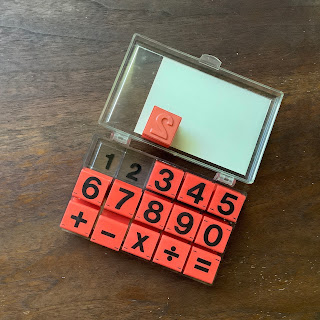Chemistry - Syllabus
Physical Science - Syllabus
Truth Academy
European History (middle school) - Syllabus
Cultural World Geography (high school) - Syllabus
Online Classes
Outschool coupon code: use code LAURAGL2020 to get $20 OFF your first class
High School Chemistry Crash Course (self-paced)
High School Physics Crash Course (self-paced)
Holst: The Planets - A Musical Journey (self-paced)
Strategies for the ACT Test (self-paced)
Emma by Jane Austen - English Literature (self-paced)
Pride and Prejudice by Jane Austen - English Literature (self-paced)
The Hobbit by J. R. R. Tolkien - English Literature (self-paced)
The Fellowship of the Ring by J. R. R. Tolkien - English Literature (self-paced)
The Two Towers by J. R. R. Tolkien - English Literature (self-paced)
Out of the Silent Planet by C. S. Lewis - English Literature (starts April 28)
Pride and Prejudice by Jane Austen - English Literature (self-paced)
The Hobbit by J. R. R. Tolkien - English Literature (self-paced)
The Fellowship of the Ring by J. R. R. Tolkien - English Literature (self-paced)
The Two Towers by J. R. R. Tolkien - English Literature (self-paced)
Out of the Silent Planet by C. S. Lewis - English Literature (starts April 28)
I am thinking of offering a high school Physics class online next school year (2024-2025). If you are interested in registering a student for that class, please either contact me through the contact form (linked under resources) or send me an email.

.jpg)


